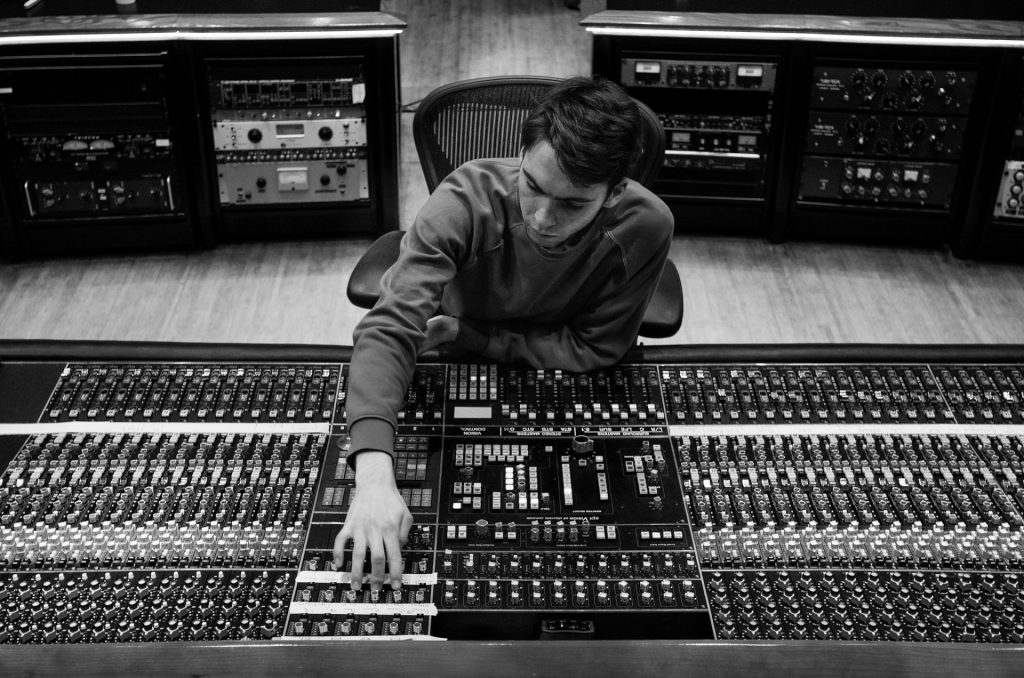Music Studies: Publishers

If you want to make a career in music as a songwriter and/or producer, do a lot of sessions and possibly want to write for and with other artists, you may eventually end up working with a publisher. At the Wisseloord Academy Business Classes you will meet many publishers; they will tell you who they are, what their work entails and maybe you can show them some of your music. In this article we will take you briefly into the world of publishers so that you are well prepared for business class!
What does a publisher do?
A music publisher manages the rights of the signed songwriters and producers. This concerns the copyrights and not the master rights. You can read about these rights in the article about ‘Your Rights’.
In short: a publisher arranges sessions and briefings for the songwriter with and for artists who are looking for new music. In addition, this can also concern film or advertising music, for example. As soon as a release comes out of this and it starts to generate royalties, it is up to the publisher to ensure that this is all properly administered. In exchange for this work, the Publisher receives a contractually agreed fixed percentage of the royalty income.
Why sign with a publisher?
Signing with a publisher has several advantages. Publishers often have important connections and capabilities that you don’t. Think of contacts with major labels and artists. If they are looking for new music, they often knock on the door of a publisher, because they have a large network of the best writers. This gives you opportunities to work on new music from big artists.
In addition, another important advantage: the publisher takes over the administrative tasks regarding royalties. Suppose one of your songs has been played a lot on the radio somewhere abroad, then the publisher will ensure that all the money is neatly collected and ends up with the rights holders.
When do you send your music to a publisher?
If your goal is to eventually sign a publishing deal, you need to think carefully about a few points. The most important thing is the first impression you make. Publishers receive tens to hundreds of emails a day from songwriters who want to present their music. Make sure you stand out. Don’t send your music in until you’re sure you’re good enough to compete with the top of the industry. If you send your music too early, you won’t make your best impression. The next time you send an email with new music, you run the risk that they will skip you right away. So be patient and use your chances sparingly.
Before you just send your music to all kinds of publishers, do research. Check carefully whether the type of music you make really suits a certain publisher. If you, as a country artist, send your music to a hip-hop oriented publisher, it comes across as very unprofessional. Firstly, you probably won’t sign there anyway and secondly; there is a lot of talking in this industry. And that’s not good for your image. So be careful here with which publishers you approach.
To read more about Music Studies and how to improve the process of developing, creating and refining recorded music visit our knowledge base page about Music Studies Education.
